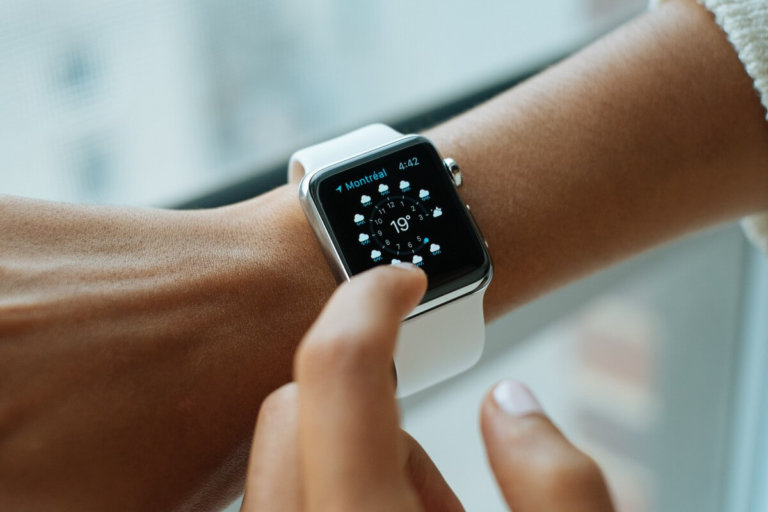
Mobile phones, water bottles with labels and iPods are just a handful of items that have been banned from university exam halls.
Posing as a threat to the validity of exam results, these are just a few of the sneaky tools students use to cheat on the answers to tests.
So, what about smartwatches?
Invented by tech pioneer Steve Mann, otherwise known as ‘the father of wearable computing’, the smartwatch is a modern masterpiece, providing a touchscreen interface and instant access to phone messages, GPS navigation and calendar synchronisation.
For students, a smartwatch is a handy device to track seminars, set revision timetables and note down important points for upcoming exams.
And at the National University of Ireland (NUI) in Galway, there’s been a significant rise in exam breaches, from 56 last year to 83 thus far this year.
Upon speaking to the radio station, Galway Bay FM, the President of NUI Galway believes smartwatches are a key link to these figures.
“Yet, while instances of exam cheating are increasing, overall the number of cases remains extremely small,” the President notes.
President Ciarán Ó hÓgartaigh, alsotold the radio station that their exam breaches do not always mean cheating, and that sometimes they relate to a student wearing a banned smartwatch.
Is it wrong to assume every student-smartwatch-wearer will use their device for devious reasons during their exams?

What do students think about a smartwatch ban? Source: Ashton Bingham/Unsplash
Should all universities enforce a smartwatch ban?
Like any other electronic device, it’s easy to see how a smartwatch in an exam room could be distracting.
A screen that could hide answers is a temptation to some students, but not all.
The key issue with a smartwatch ban is that it triggers a sense of distrust among the student community. When worn as a simple wrist accessory, its unfair to label the wearer as a potential cheat.
In the UK, a long list of universities started to introduce a ban on wristwatches of any kind, as well as some schools and colleges.
Last year, the Joint Council for Qualifications (JCQ) announced the ban ahead of GCSE and A-level season.
“As well as revising, students must be aware of the rules and regulations of taking an exam. All students must remove their wrist watches and place them on their desks prior to the start of an exam,” a JCQ spokesperson said.
Exams Coming Up? Show candidates the JCQ No Mobile Phones in Exams video https://t.co/Ituiaz4Icv to help them prepare for their summer exams. pic.twitter.com/qddYVxVVbk
— JCQ (@JCQcic) February 13, 2019
Acting as the membership organisation for exam boards, a single voice for the seven largest qualification providers in the UK, JCQ has justified the ban of smartwatches, making it difficult for academic institutions to go against this notion.
Should a smartwatch ban be made compulsory for all universities?
Every country will have different exam regulations, so a smartwatch ban is unlikely to be in action across every university in the world.
But is it fair for some universities to allow smartwatches into the exam room and others to deny their entry?
University experiences are supposed to be built on equality; for every student to get the same start as one another. But if one university increases the chances of cheating by not adhering to expectations, are the overall results going to be fair?
Smartwatch app that soothes the nerves helps improve exam results https://t.co/wsZojxWGPh pic.twitter.com/xNIeZn21yb
— New Scientist (@newscientist) July 25, 2019
Either universities choose to embrace tech or to distrust students’ smartwatch use.
The choice, ultimately, is up to the university.
Liked this? Then you’ll love…
Kingswood School: Investing in arts and design tech success
Bookshelves to digital screens: World’s largest education publisher triggers tech transition







